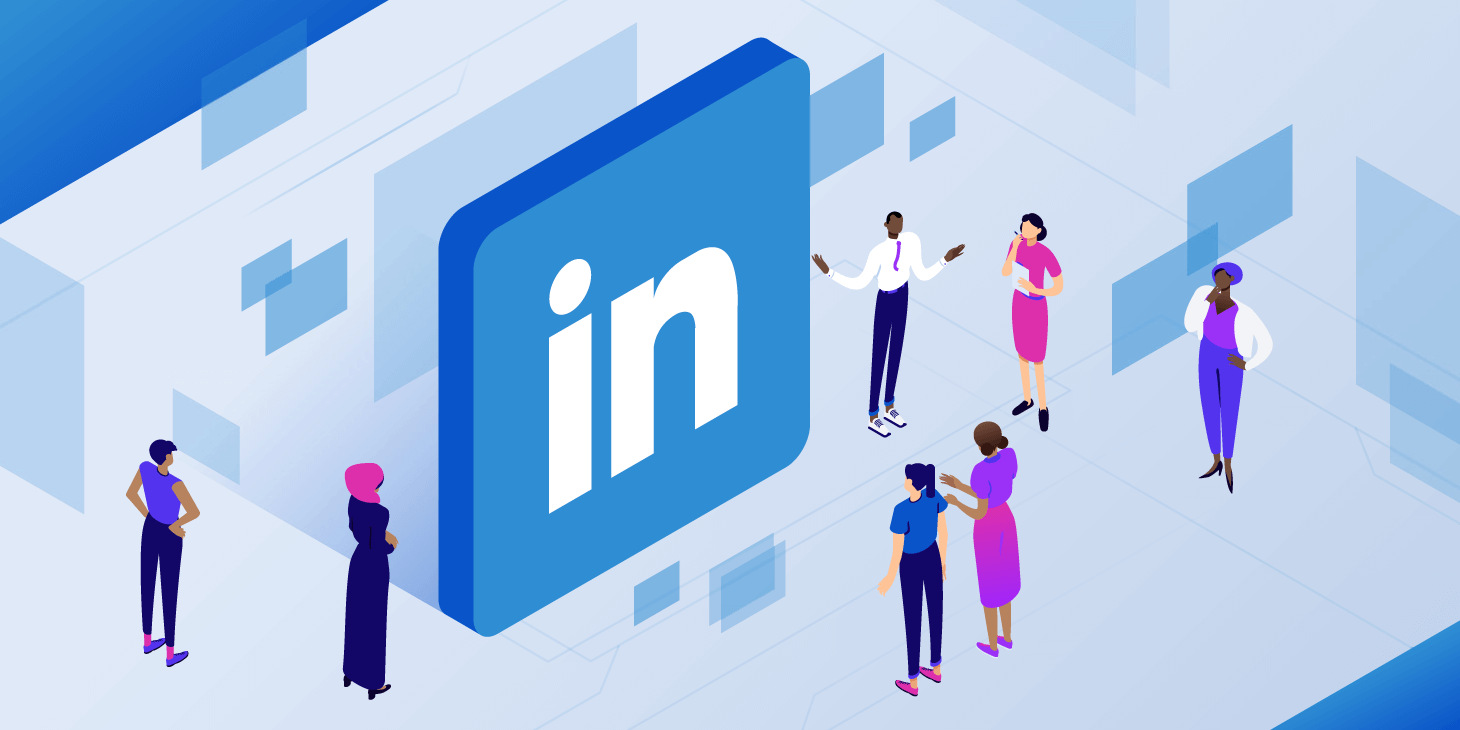By: Charlize Trostinsky
The pre-medical path is undoubtedly one of the most rigorous and academically demanding paths for an undergraduate. Cornell students often fall victim to the “all or nothing” mentality of putting their full attention on their academics and allowing their mental health to diminish in favor of a high GPA. Here are some tips and the inside scoop on how to manage this tumultuous time.
Google Calendar is a Pre-Med’s Best Friend
Staying organized is crucial for pre-medical students juggling heavy class load, study groups, clubs, research labs, interviews, deadlines and meetings. It can become extremely difficult to keep track of responsibilities, adding unnecessary stress to an already demanding workload. A convenient way of tracking commitments is an organized Google Calendar or physical planner, rather than writing reminders on random pieces of paper that end up crumbled up at the bottom of your schoolbag.
Building a Strong Support Network
The road to and through medical school is long and often isolating. Students are often forced to miss important family events, holidays, and time with friends to prepare for exams. It is vital for pre-meds to have people outside of their peers and colleagues as it can create a competitive environment of constant comparison. There are plenty of mental health resources at Cornell, specifically highlighted in the CEC blog called “Mental Health: Resources and Reflection from a Senior.”
Rethinking the Importance of GPA
Cornell University as a whole and particularly the Career Exploration Center at the College of Human Ecology is well known for its multitude of opportunities beyond a mere focus on grades. Whether engaging in research, doing clinical work, volunteering at a hospital, or even exploring another interest that has nothing to do with the medical field, applicants can distinguish themselves through their multifaceted experiences. There are countless components to a medical school application and exploring multiple areas of focus gives an applicant dimension. While every pre-med is required to take organic chemistry, a lasting positive impact on the community through volunteer work and philanthropy allows them to distinguish themselves from thousands of other applicants. I urge you to check out the CEC resources in the office and on our website for current opportunities in a multitude of fields. Some of my favorite CEC resources include the “Jobs and Internships” sheets for each major, the “Walk in Interview for Health and Medicine,” and “Clinical Experience for Pre-Med Students.” These resources are available on the CEC website and in-print at the CEC.
Embracing Gap Years
The former stigma associated with taking a “gap year” (also called a bridge year) or more is slowly but surely fading. Many Cornell students across all graduate paths, including medical, dental, and PA school, are opting for gap/bridge time. Most Cornell undergraduates take 1-2 years before going to graduate school to travel, gain clinical experience, work, conduct research, or to simply decompress after a rigorous undergraduate experience. The statistics regarding gap/bridge years are often an eye-opening surprise for many Cornell students who are debating whether they should pursue gap/bridge time. In fact, according to the Health Professions Advising Center (HPAC), 90% of Cornellians who matriculated into U.S. MD programs in 2023 took at least 1 gap/bridge year. Deciding when you are ready to apply is a very personalized and nuanced decision, so students are encouraged to connect with the pre-health advisors in HPAC to discuss this.
Written in collaboration with Rachael at the Health Professions Advising Center
Prioritizing Wellness
Many pre-medical students often sacrifice their physical health which leads to a multitude of complications. Exercise and a proper diet are vital to a working brain, a component essential to academic success. Down time is vital to maximizing the benefits of a study session. A technique that many students recommend is the Pomodoro method in which one will work for 25 minutes and take a 5 minute break. After 4 consecutive work intervals, the student will take a 15-30 minute break. This technique is meant to re-train the brain to focus without distractions. These small breaks are more beneficial than one would think, and a consistent timer will ensure that students stay on task and don’t get distracted for longer periods of time. In addition to the Pomodoro technique, there are plenty of other effective study methods including retrieval practice, the Feynman technique, mind-mapping and more. A link is provided below to explore these methods further.
Don’t Be Afraid to Fail, Wait, or Switch
The path to fulfilling dreams and aspirations is seldom straightforward, and pre-med is not an exception. There is no such thing as a “one-size-fits all.” Some people are able to go straight into med school while others pursue a masters degree and research and begin medical school in their 30s. Some spend their 20s traveling or starting families. Everyone’s path to medicine is different and no two paths are the same. Some people spend their entire undergraduate careers preparing for medical school and decide last minute that they are going down a different career path. Some even deviate from the pre-medical track entirely, choosing alternate career paths in health care management, dentistry, research, consulting or more community based service jobs. Ultimately, the common thing uniting past, present, and future doctors shared desire to care for others which transcends any specific career path.
Sources
https://todoist.com/productivity-methods/pomodoro-technique#
https://www.usa.edu/blog/study-techniques/
https://hecec.human.cornell.edu/2023/05/03/mental-health-reflection-and-resources/
https://prehealthadvising.cornell.edu/






